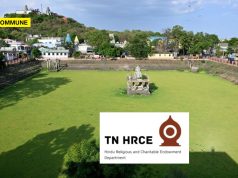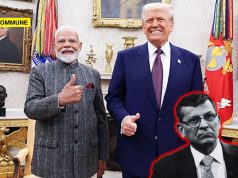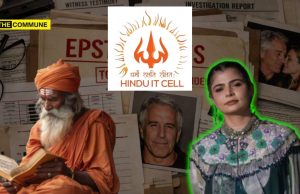
The Karnataka High Court recently dismissed a 45-year-old murder case, citing a lack of evidence and the futility of continuing the trial. The case, one of the oldest in the state’s criminal justice system, involved a Bengaluru resident, Chandra alias Chandrashekar Bhat, who was accused of being an accomplice in a 1979 murder over a land dispute in Udupi.
Chandrashekar, who had been living and working in Bengaluru from 1979 until 2022, was charged with assisting two men, Seetharama Bhat and Kitta alias Krishanappa, in the murder of Kunhambu Nair’s son, Kunhirama. The murder occurred on 8 June 1979, when the accused men trespassed into Kunhambu Nair’s house and fatally stabbed Kunhirama. The attack was allegedly linked to a land dispute involving Admar Mutt, Udupi.
The petitioner’s defense, presented by Chandrashekar’s legal team, emphasized that he had been living in Bengaluru for over four decades, yet no summons or warrants were ever served to him in connection with the case. The petition further argued that there was no substantial evidence linking him to the crime.
Justice M. Nagaprasanna, who heard the case, observed that continuing the trial would be an exercise in futility. He emphasized that the prosecution had no solid evidence to secure a conviction, particularly given the passage of time and the difficulty in locating witnesses who had testified more than four decades ago. He pointed out that the trial would only waste valuable judicial resources.
The murder trial had been divided into two phases, with the main accused, Seetharama and Kitta, convicted in 1980. However, Chandrashekar and other alleged accomplices, including the Handas, were not accused of any direct involvement in the murder. The Handas were acquitted in 1980.
Chandrashekar’s case came under scrutiny again in early 2024, when Udupi police sought to proceed with charges against him, asserting that he had been absconding during the trial. In response, Chandrashekar contested the claims, pointing out that the Handas, who had similar charges, were acquitted. The court found Chandrashekar’s explanation, which included documentation of his employment in Bengaluru, to be credible.
Justice Nagaprasanna concluded that there was no legal basis to continue the trial, noting that the reasons for acquitting the Handas also applied to Chandrashekar. The court highlighted that it would be impossible to prove his presence at the crime scene after 45 years and that allowing the trial to proceed would be a waste of time and resources.
In his ruling, Justice Nagaprasanna emphasized the importance of preserving judicial time, remarking that the case had long outlived its usefulness and was unlikely to result in a conviction. The judge concluded that quashing the case against Chandrashekar was in the interest of justice and efficiency.
(With inputs from Times of India)
Subscribe to our channels on Telegram, WhatsApp, and Instagram and get the best stories of the day delivered to you personally.




